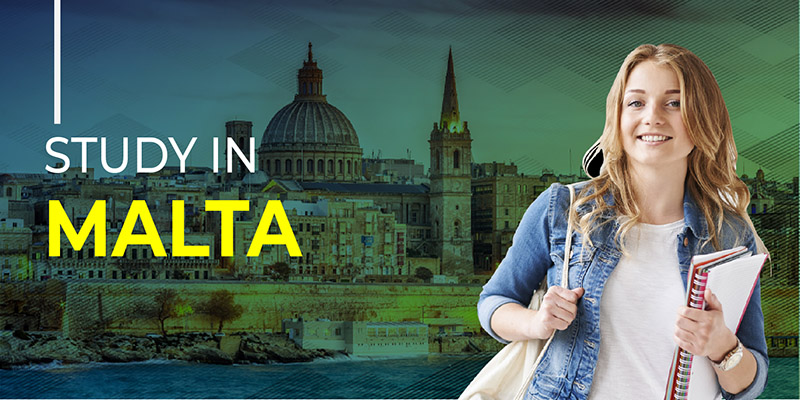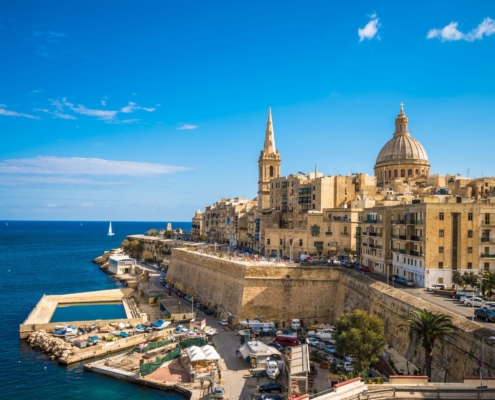Malta uses the Euro (€) as its currency.
Your tuition fees will depend on where you are from, what course you choose to study and what institution you choose. If you are a student from within the EU/EEA, you will not pay tuition fees for full-time bachelor degree courses. If you are an EU/EEA student and wish to study a postgraduate degree, you will pay the same tuition fee as Maltese students. If you are from any other country, you will be required to pay tuition fees. On average, you should expect your fees to be between €1,000 and €6,000 per year.
Living expenses in Malta are similar to other European countries. If you choose to live in a bigger city then you will have higher costs than smaller cities and towns. On average, you should budget for between €500 and €1,000 per month. This accounts for accommodation, groceries and travel.
Another cost that you will need to consider is health insurance. If you are an EHIC card holder, you will be able to access the same healthcare as Maltese citizens, at the same price. If you are not an EHIC card holder, you will need health insurance. If you already have an insurance policy, you need to ensure that it will be valid in Malta. If you do not have insurance, you will need to purchase a policy that is valid for the duration of your studies.
There are both types of universities in Malta, public and private universities. Public/ government universities charge lower tuition fees than private universities. The actual tuition fees vary wildly depending on the university and course you choose. On average tuition fee can be from 2,000 to 9000 EUR. For the accommodation and other basic living expenses, On average you can expect to pay as low as EUR 300 per month.


